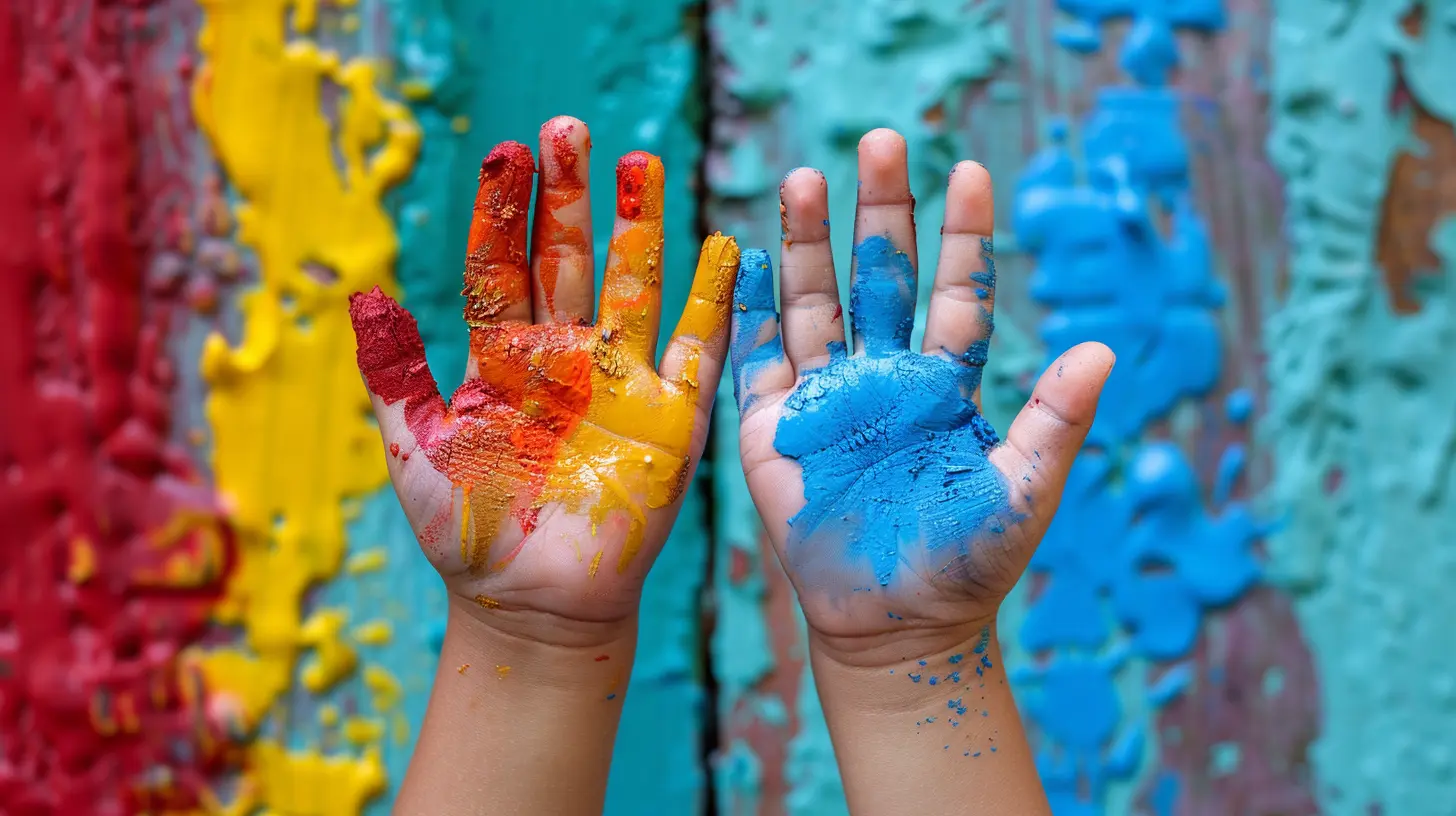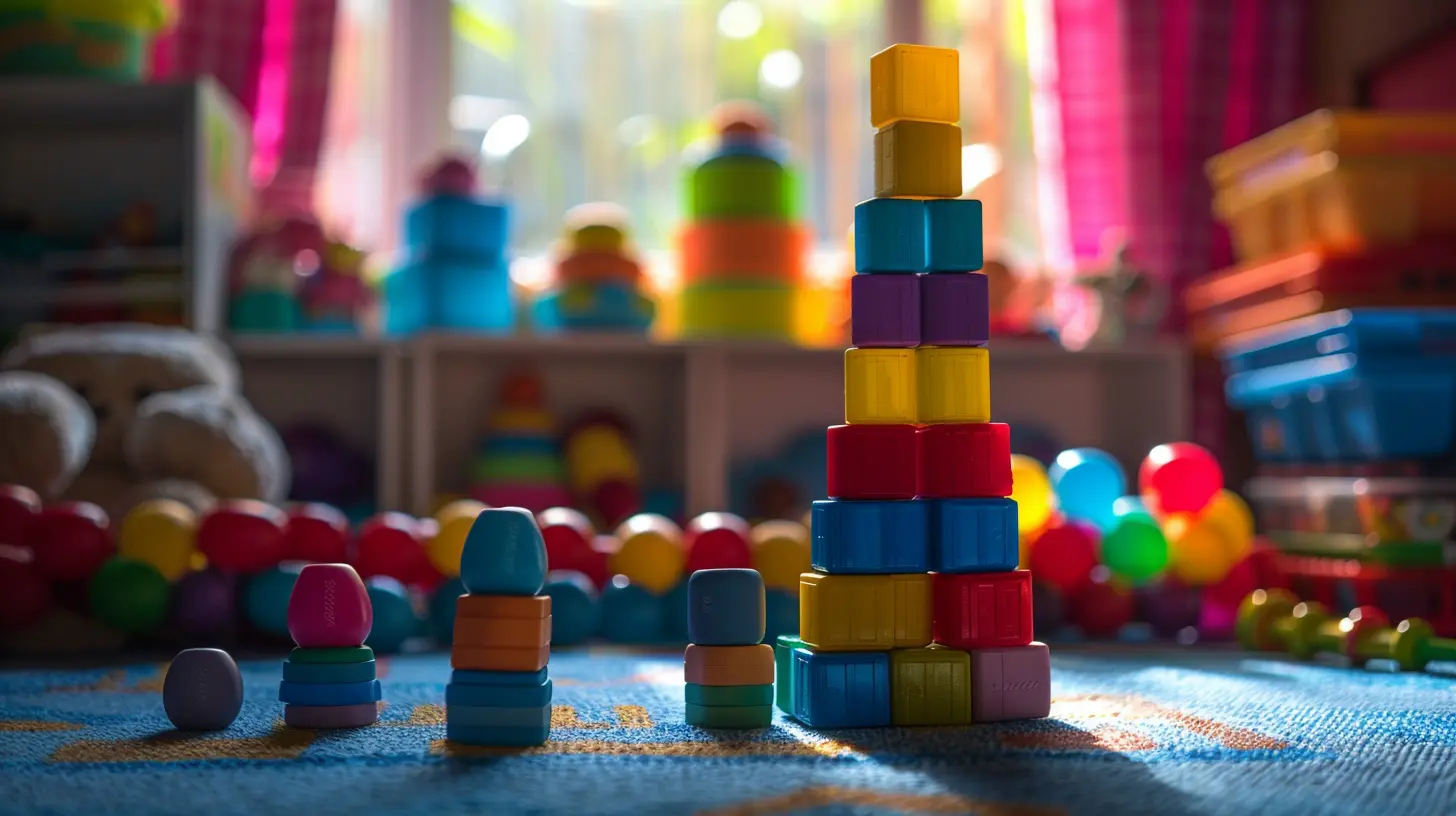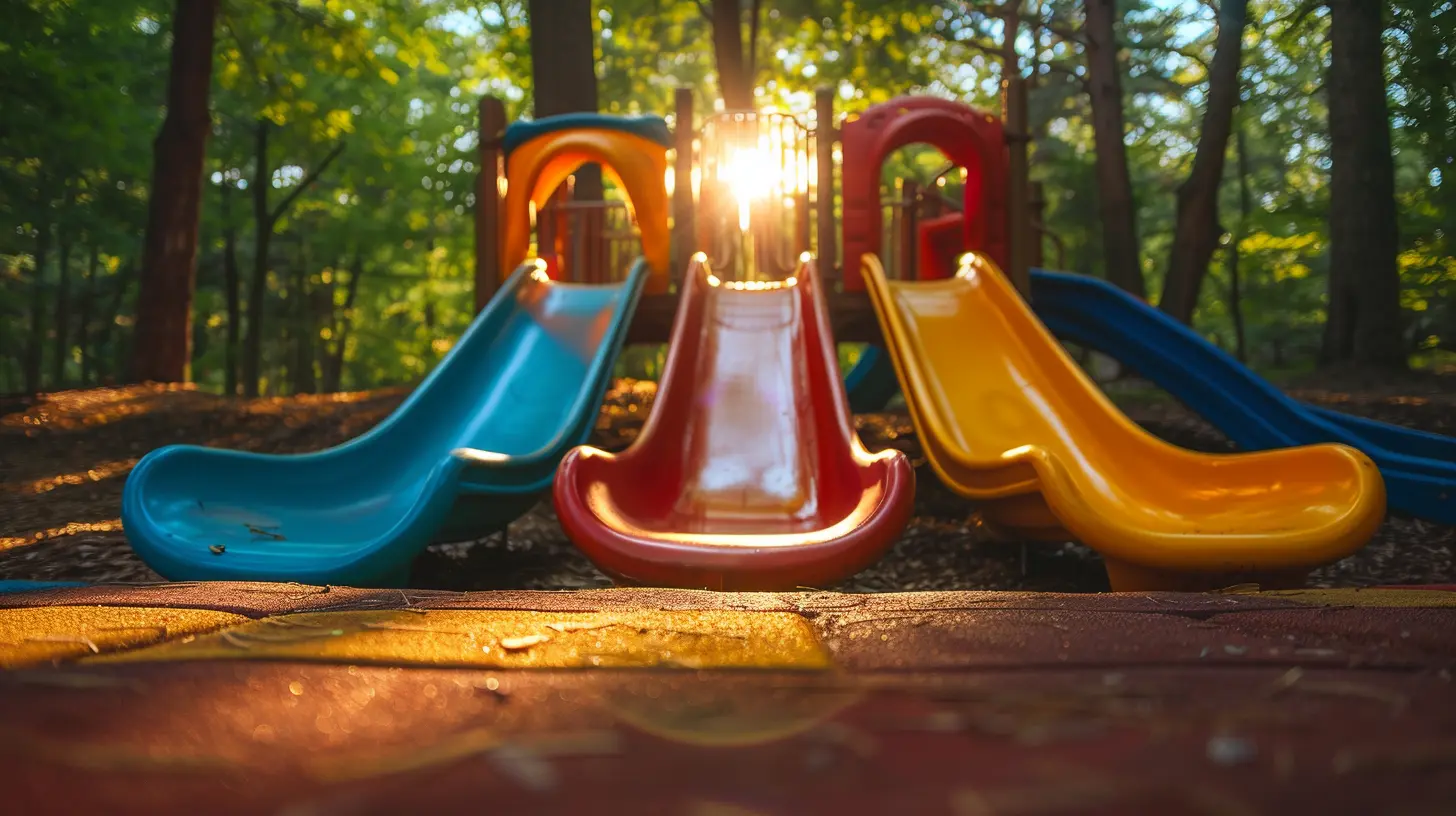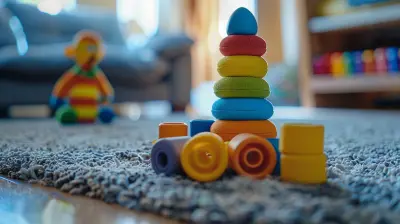29 March 2025
Childhood is a magical time filled with curiosity, exploration, and learning. Every giggle, every question, and every tiny step forward is part of a grand journey of development. As parents, caregivers, or educators, our role isn’t just about providing food and shelter—it’s about crafting an environment that fuels learning, confidence, and emotional well-being.
But how do you create the right space for early childhood development? It’s not about expensive toys or flashcards—it’s about fostering an atmosphere of love, encouragement, and endless opportunities to grow. Let’s dive into the key ways to build an environment where little ones can truly thrive.

Why an Encouraging Environment Matters
Imagine trying to learn something new in a stressful or negative space. Feels tough, right? Now, imagine learning in a place where you feel safe, loved, and supported—it’s a whole different experience.For children, early experiences shape their brain development, emotional intelligence, and self-esteem. The right environment can:
- Boost cognitive development
- Strengthen emotional resilience
- Encourage social skills
- Foster creativity and problem-solving abilities
When kids feel encouraged, they develop a love for learning that lasts a lifetime. Let’s break down how to create this kind of environment.

1. Build a Safe and Stimulating Space
Kids learn best when they feel safe. A secure environment isn’t just about physical safety—it’s also about emotional security.Physical Safety
- Childproof your home to prevent accidents- Provide age-appropriate toys and furniture
- Keep harmful objects out of reach
Emotional Safety
- Be consistent with rules and expectations- Offer comfort and reassurance during tough moments
- Create a space where mistakes are seen as learning opportunities
Once kids feel safe, they’re more willing to explore, ask questions, and experiment—key elements of early development.

2. Encourage Curiosity and Exploration
Ever noticed how toddlers ask “why?” a hundred times a day? That’s their natural curiosity at work. Instead of shutting it down, fuel it!Ways to Encourage Exploration:
- Provide open-ended toys (blocks, art supplies, play dough)- Let kids make choices—what to play, what book to read, or what snack to eat
- Get outside! Nature is the ultimate learning playground
- Answer their questions with enthusiasm—even if it’s the 50th “why?” today
Curiosity is the foundation of lifelong learning. When kids feel encouraged to explore, they develop critical thinking and problem-solving skills.

3. Foster a Love for Reading
Reading isn’t just about learning letters and words—it’s about imagination, bonding, and communication. A book can transport a child to another world while teaching valuable lessons along the way.How to Build a Reading-Friendly Environment:
- Fill your home with books (even if they end up chewed on a little)- Read aloud daily—use funny voices and expressions to engage them
- Let them see you reading (kids love to imitate)
- Visit the library together and let them pick books
Reading early on fosters language skills, expands vocabulary, and strengthens a child’s ability to express thoughts and emotions.
4. Support Emotional Development
Emotional intelligence is just as important as academic skills. Kids need to understand their feelings and learn healthy ways to express them.Ways to Build Emotional Skills:
- Teach them to name their feelings (“You look frustrated. Do you need a break?”)- Encourage empathy by asking, “How do you think your friend feels?”
- Model calm behavior—kids mirror what they see
- Use positive reinforcement instead of harsh punishments
A child who feels emotionally secure is more confident, independent, and capable of forming strong relationships in the future.
5. Encourage Independence and Decision-Making
Yes, it’s faster if you tie their shoes or pour the milk yourself. But letting kids do things on their own is crucial for their growth.How to Promote Independence:
- Give them simple tasks (putting toys away, brushing teeth, picking clothes)- Let them make choices (even if it means mismatched socks)
- Be patient when they struggle—it’s all part of learning
When kids feel capable of doing things themselves, they build confidence and a strong sense of self-worth.
6. Use Positive Reinforcement
Kids thrive on encouragement. Instead of focusing on what they did wrong, highlight what they did right.Ways to Reinforce Positivity:
- Praise effort, not just results (“I love how hard you worked on that puzzle!”)- Celebrate small victories (learning to zip a jacket is a big deal)
- Avoid constant criticism—correct gently and offer guidance
Positive reinforcement builds self-esteem and motivation. Kids who feel appreciated are more eager to learn and try new things.
7. Make Play a Priority
Play is more than just fun—it’s how kids learn best. Through play, they develop cognitive skills, physical coordination, and social abilities.Different Types of Play:
- Imaginative Play – Dress-up, storytelling, pretend kitchens- Physical Play – Running, climbing, jumping (hello, energy outlet!)
- Constructive Play – Building with blocks, puzzles, creating art
- Social Play – Playing with others, learning to share and cooperate
Encourage free play every day. It’s one of the best ways for kids to learn naturally and joyfully.
8. Be a Positive Role Model
Kids absorb everything—your words, your actions, even your attitude. Want to raise kind, curious, and confident children? Start by embodying those traits yourself.Ways to Set a Good Example:
- Show kindness and patience in everyday situations- Stay curious—ask questions, keep learning
- Express emotions in healthy ways
- Demonstrate problem-solving instead of frustration
Your child learns more from watching you than from any lesson or lecture. Be the person you want them to become.
9. Establish Routines and Stability
Children thrive on predictability. A structured environment helps them feel secure and confident.Simple Routines to Implement:
- Consistent bedtimes and mealtimes- Morning and bedtime rituals (reading a book, brushing teeth, snuggling)
- A balance between playtime, learning, and quiet moments
A predictable routine provides comfort, reduces stress, and helps children develop time management skills.
10. Encourage Social Interaction
Social skills are learned, not inherited. Give your child plenty of opportunities to engage with others.Ways to Build Social Skills:
- Playdates and group activities- Teaching turn-taking and sharing
- Encouraging polite manners (“please,” “thank you,” and “sorry” go a long way)
- Helping kids navigate conflicts with words instead of meltdowns
Children who develop strong social skills early on tend to form better relationships and communicate more effectively as they grow.
Final Thoughts
Creating an encouraging environment for early childhood development isn’t about perfection—it’s about intention. Kids don’t need a perfect parent or a Pinterest-worthy playroom. They need love, support, and the freedom to explore and make mistakes.By fostering safety, curiosity, independence, and emotional well-being, you’re giving your child the best foundation for a successful and happy life. And trust me, years from now, they won’t remember the expensive toys—they’ll remember the warmth, laughter, and encouragement you provided every single day.




Tiffany Williams
What a wonderful article! Creating a nurturing atmosphere for our little ones is essential for their growth. Let's fill their world with love, support, and joy as they explore and learn!
April 2, 2025 at 3:37 AM